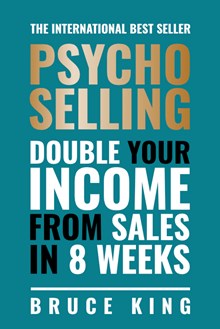DOUBLE YOUR INCOME IN JUST 8 WEEKS
Download this all-time classic bestselling book from Bruce King free.


How to prepare and run successful live seminars & events
By Chris Haycock | 28 February 2023
Are you a small business owner looking to make your mark in the world? Do you want to learn how to run live seminars and events that will leave an impact on your audience? Allow me to help you out!
Are you a small business owner looking to make your mark in the world? Do you want to learn how to run live seminars and events that will leave an impact on your audience? Allow me to help you out! Over the last 20-ish years, I've had the pleasure of planning and executing many different types of live events, including marquees at music festivals, seminars for law firm clients, business start-up events and stalls at trade shows. They're one of my most enjoyable marketing activities, because rather than being stuck behind a desk, I'm out meeting people, chatting about ideas, and enjoying a few beers with people just like me! But there's more to it than just turning up and having a laugh with clients. Running seminars and events for small businesses can seem daunting at first, but it doesn't have to be. With some careful planning and organization, any entrepreneur can create meaningful experiences their attendees won't soon forget. Whether you are just getting started or are already well-versed in event management, I'm going to run you through the basics. We'll cover topics such as setting goals for each event, finding quality venues and speakers, creating engaging content for your audience, marketing effectively before and after the seminar/event, budgeting wisely so you don't break the bank - all while keeping up with industry trends! With these tips at hand, running successful events will become second nature. So let's get started!
1. Assessing Your Needs
When it comes to running live seminars and events for small business owners, the stakes are incredibly high, especially as you're about to invest a huge amount of time and effort into it. Every detail must be addressed with precision - from assessing your needs to choosing the right venue, there's a lot of pressure on organisers to ensure everything goes off without a hitch. It all starts with understanding who you're targeting. This is important. You need to know your audience. Are they entrepreneurs? Small business professionals? Or seasoned veterans in their industry? Knowing this will help guide decisions about topics that need covered as part of the event.
2. Choosing The Right Venue
Have you ever wondered how to pick the perfect venue for your next seminar or event? It's an important decision that could make or break your seminar. When searching for potential venues, there are several factors to keep in mind. First and foremost is size - what type of crowd do you anticipate attending? Is it a large group where space will be limited, or a more intimate setting better suited for smaller numbers? Then consider the amenities available at each venue: Does it provide adequate seating arrangements, audio/visual capabilities, catering services or other features needed to accommodate your guests? Finally, think about accessibility - not just physical access options but also budget considerations, such as rental fees and deposits.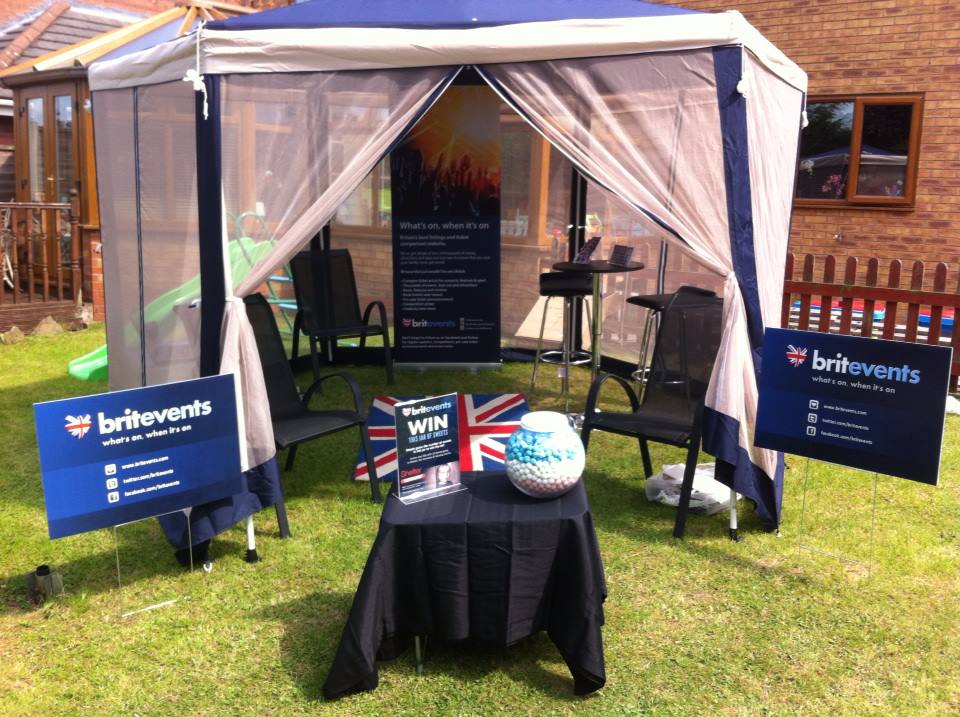
3. Creating A Budget
The old adage 'time is money' rings true for any business owner wanting to create a successful live seminar or event. Creating an effective budget and sticking with it can mean the difference between success and failure. When planning your budget, consider all of the costs associated with running a seminar or event. Start by looking at venue rental fees, equipment rentals, entertainment costs, marketing expenses, staffing needs and permits. You may also want to look into catering costs if you are providing food for participants. Remember to factor in all these items into your final total budget so that you don't overspend during the planning process. After all, there is nothing worse than spending a fortune on luxury seminar furnishings but having no money left for the finishing touches. It's important to remember that there will likely be unexpected costs along the way as well - such as last-minute printing services or additional personnel needed onsite - so make sure to leave some wiggle room in your budget just in case something goes awry. By taking the time upfront to plan out all potential expenses, you'll ensure that your live seminar or event runs smoothly without breaking the bank. Once you have put together a realistic budget and accounted for any potential surprises, you're ready to start developing an effective program which will help engage attendees and get them excited about attending your seminar or event!4. Developing An Effective Program
Creating an effective program for a live seminar is like building the foundation of a house. Without strong foundations, your event will be wobble, and it won't matter how well you construct everything else because it will collapse in the end. To create an impactful program that resonates with small business owners, start by establishing clear objectives for each part of the event. Ask yourself: what do I want to achieve? What message am I trying to convey? Answering these questions beforehand allows you to craft specific content that aligns with your goals and make sure every session adds value. Consider providing different types of activities such as group discussions, breakout sessions, and interactive workshops instead of just lectures so that attendees can have more meaningful experiences during the seminar. Once you have outlined the structure and content of your program, think about ways to engage participants. Encourage them to participate actively throughout the event and focus on creating opportunities for networking among attendees, whether virtually or in-person if possible.
5. Crafting An Invitation
Crafting an invitation to your seminars and events is the first step in bringing success. It's like the lighthouse beacon guiding them towards you. The invitation should be crafted with intentionality - after all it's what sets the tone for their journey. The language should be inviting, warm and energising; with the goal to inspire attendees to come along to your event or seminar. Make sure that they have clear expectations of what will happen when they arrive so they feel prepared and excited about attending.
6. Adopting The Right Technology
Once you've crafted your invitation and identified the right audience for your event, it's time to turn our attention to the technology. You'll be glad to know that tech has come a long way in recent years when it comes to running live seminars, so don't be afraid of using some digital tools - they can really elevate the whole experience!DOUBLE, TRIPLE, OR QUADRUPLE YOUR SALES
Join other small business owners who are benefiting from new sales & marketing skills.
7. Promoting Your Event
For your small business event to be a success, promotion is absolutely essential. Every detail needs to be planned and executed perfectly. It's not enough to simply book the venue or set up the technology; you need people to attend. To make sure that happens, you'll have to explore multiple avenues of marketing - from email campaigns and physical posters to social media advertising and word-of-mouth referrals. Promoting your event is an absolute must if you want bums on seats! The key here is flexibility: You'll need to use all available tools at your disposal in order to reach as many potential attendees as possible. Think outside the box when it comes to promotions - instead of just relying on one platform or method, consider using both digital and traditional forms of communication. Different audiences may respond better to one over the other, so don't limit yourself too much in terms of outreach methods. That means making use of your social media profile pages (Twitter, Facebook, Youtube, Tiktok etc), as well as flyers, brochures, landing pages on your website, cold calling (if you're brave enough), promotional teams... in other words every single promotional channel you can think of. Incorporating incentives into your promotional efforts can also help draw more attention and engagement with your brand. Consider offering discounts for early bird signups or providing special prizes for those who RSVP quickly - these are great ways to boost attendance numbers while simultaneously creating excitement about the upcoming event. Taking advantage of every opportunity available will ensure that your live seminar or event for small business owners achieves its full potential.8. Managing Invitee Expectations
It's no surprise that 8 out of 10 small business owners have mismanaged event expectations at least once in their career. Managing the right expectations is essential for running a successful seminar or event, and it can be difficult to do when you don't know where to start. Firstly, understand your target audience; what they need from the event, why they're attending, etc. Then create an agenda clearly outlining topics to cover during the event - this will help set realistic expectations on both sides. In addition, consider providing complimentary materials such as hand-outs and notes so attendees can refer back later on any points discussed during the seminar or event.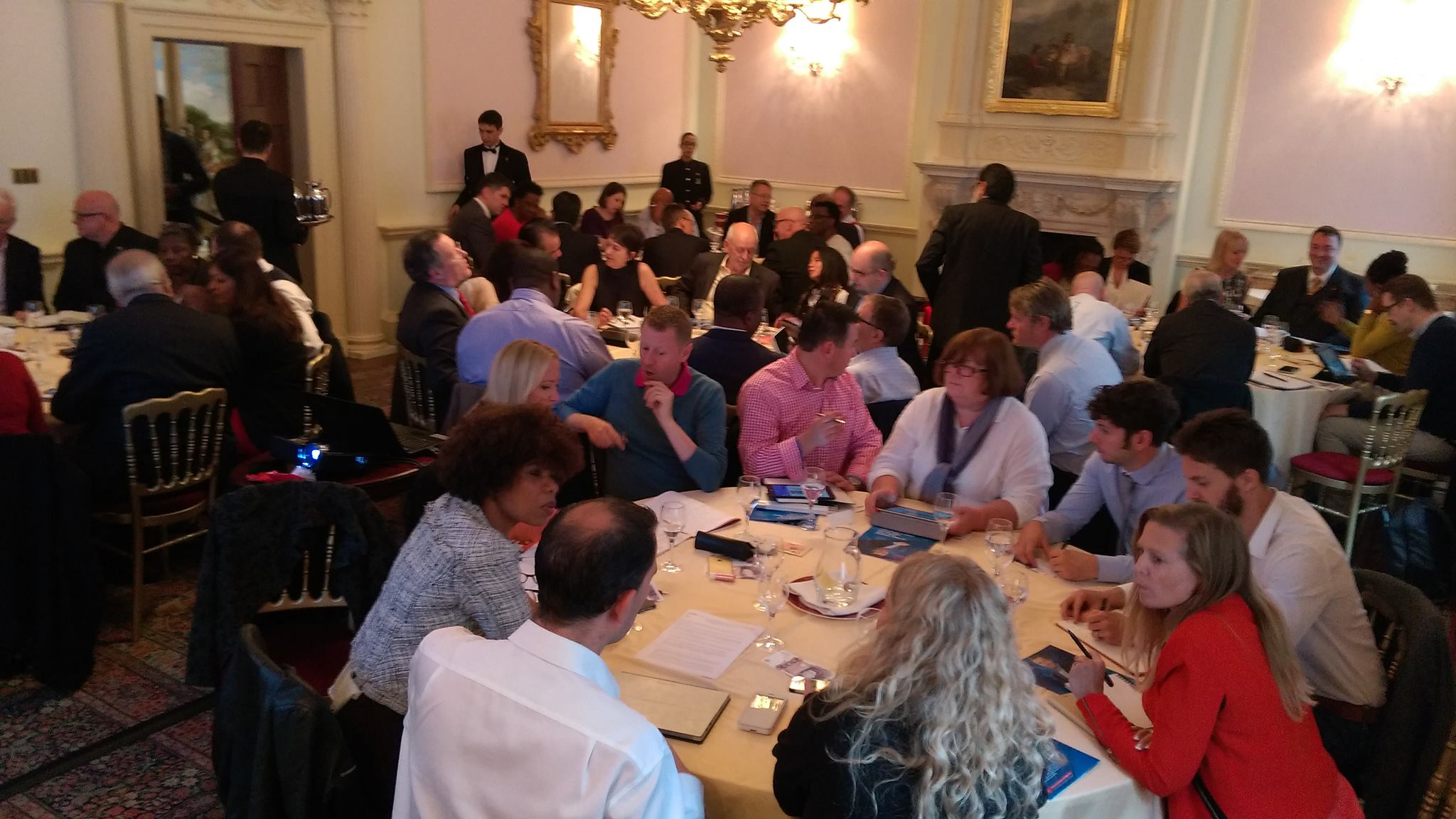
9. Hosting A Successful Seminar Or Event
Hosting a successful seminar or event is like herding cats - it's difficult, but not impossible. You'll need to plan ahead and keep an eye out for potential issues that could arise during the event. With careful preparation and thoughtful execution, you can create an unforgettable experience for attendees. First, make sure all of your planning is finalised before the day arrives. Identify key roles within the organization and assign responsibilities accordingly. Scheduling speakers and managing logistics are critical tasks that should not be overlooked. Once everything has been sorted, communicate with your guests prior to the date so they know what to expect from the seminar or event. On the actual day, do whatever necessary to ensure smooth operations; this includes having backup plans in place just in case any issues come up unexpectedly. Make sure everyone involved knows their duties beforehand - there's nothing worse than dealing with confusion when things don't go as planned! It's also important to anticipate questions from attendees and have answers ready at hand - nobody likes feeling unprepared or confused during a live seminar or event. And finally, once you're done hosting the seminar or event, take time to reflect on how it went: What worked well? What didn't work? How will you use these learnings for future seminars or events? These reflections provide helpful insight into how you can continue improving upon strategies used in previous sessions - allowing each successive one to become even more successful than its predecessor.10. Evaluating Your Results
Evaluating the results of your efforts will provide important insights and help inform future decisions on how to other successful events. It's an essential step in creating engaging seminars and events that deliver value to attendees. The evaluation process starts by gathering feedback from those who attended the event. This is important, so don't skip it. Feedback gives you a deeper understanding of what worked well and any areas where improvements could be made. Gathering input from participants provides valuable insight into their experience, which should then be used to improve future events. There are many ways to gather feedback, including surveys and interviews with participants. To get a more comprehensive picture of the success of the event, other metrics such as attendance numbers, engagement levels during activities, and overall satisfaction ratings should also be considered when evaluating its success. These measures combined give an accurate understanding of how well received the seminar was by those attending and if goals were met as planned. By taking time to analyse all aspects of the event, small business owners have a better chance at running successful seminars and events that contribute positively to their businesses' growth in meaningful ways. Taking stock of successes (and the failures too) allows you to make informed decisions on how they approach similar situations in the future. --- As we've found out, running a successful seminar or event for small business owners requires careful planning and execution. No matter how well you plan, there will always be hiccups along the way that can disrupt the flow of your program. That's why it's important to stay flexible and ready to adapt as needed in order to ensure the success of your event. Having gone through all these steps myself, I found that no amount of preparation could fully prepare me for some of the surprises I encountered during my first seminar.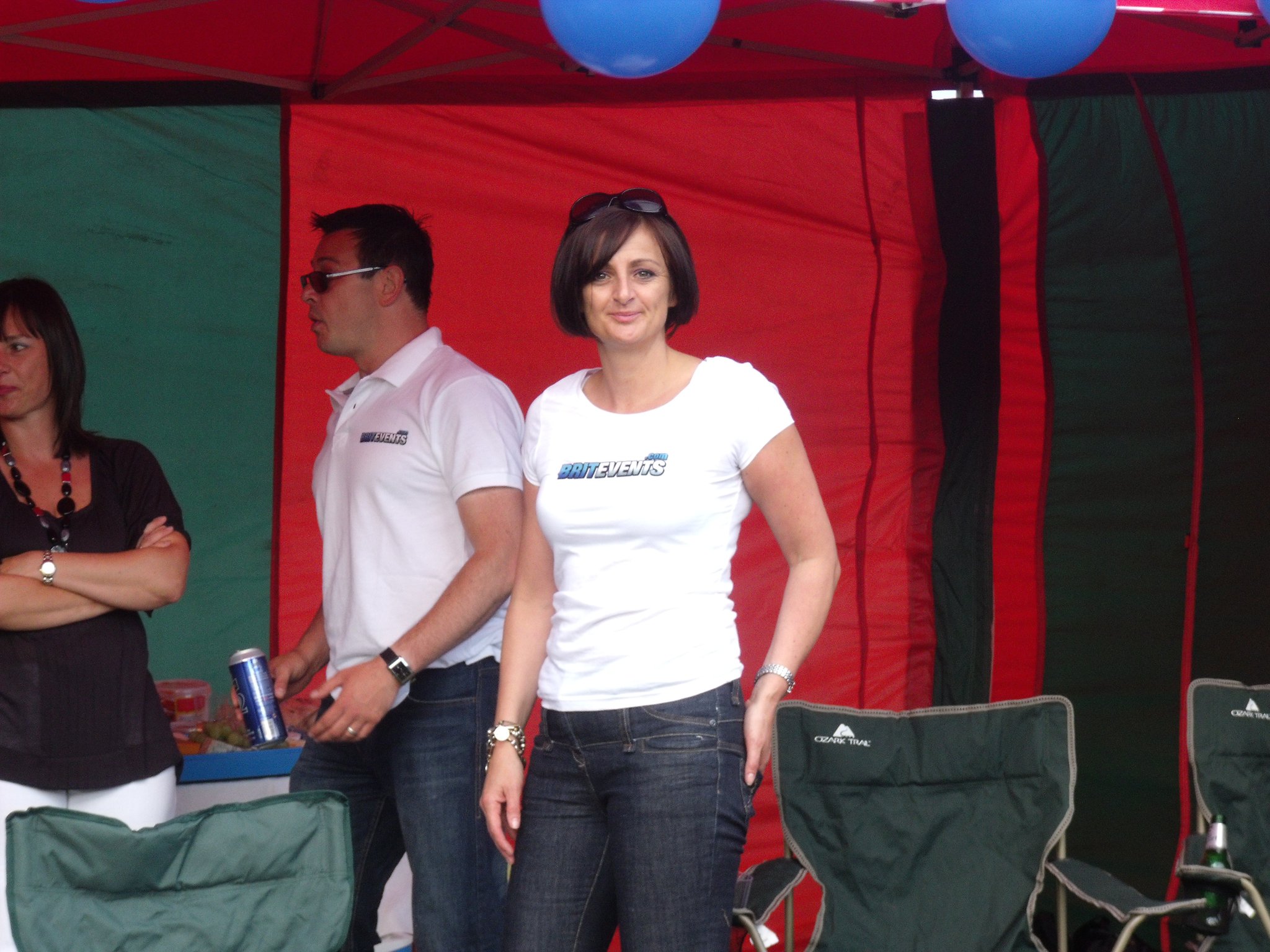
---

There's more inside The Rainmakers Club
Ready to double, triple or even quadruple your sales? Join the Rainmakers Club today and get access to hundreds more worksheets, ebooks, tutorials, guides, tools and downloads.
NEW FOR 2022! Join our growing club of successful small business owners and get The Raindeck free: a 3-deck strategy for brainstorming and running successful marketing campaigns.
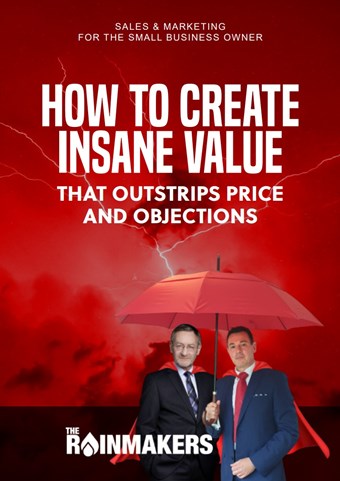
HOW TO CREATE INSANE VALUE
A must-have read for anyone that sells anything
Discover techniques and methods that will increase your product's perceived value - without having to change your product or prices.
Get the book freeGET STARTED WITH
The Rainmakers
Join today for the price of your daily cup of Mocha coffee, and become a sales and marketing giant.
Learn sales & marketing
Double, triple, or quadruple your sales and income.
Expert mentoring
Learn from renowned sales and marketing experts.
Exclusive resource library
Tools, downloads, cheat sheets and worksheets to help you succeed.
Free Raindeck strategy box
Brainstorm, plan and execute brilliant marketing campaigns in no time.

















